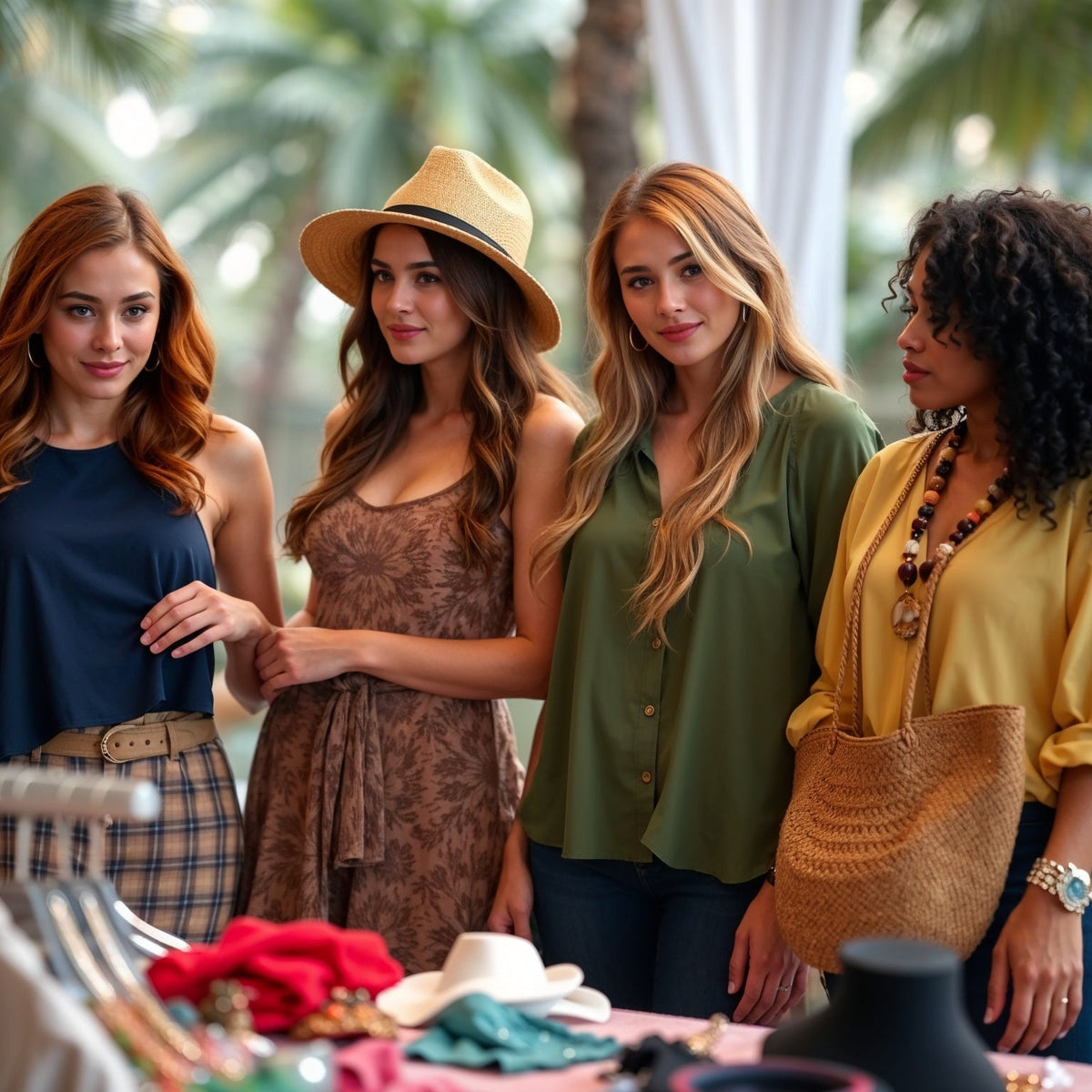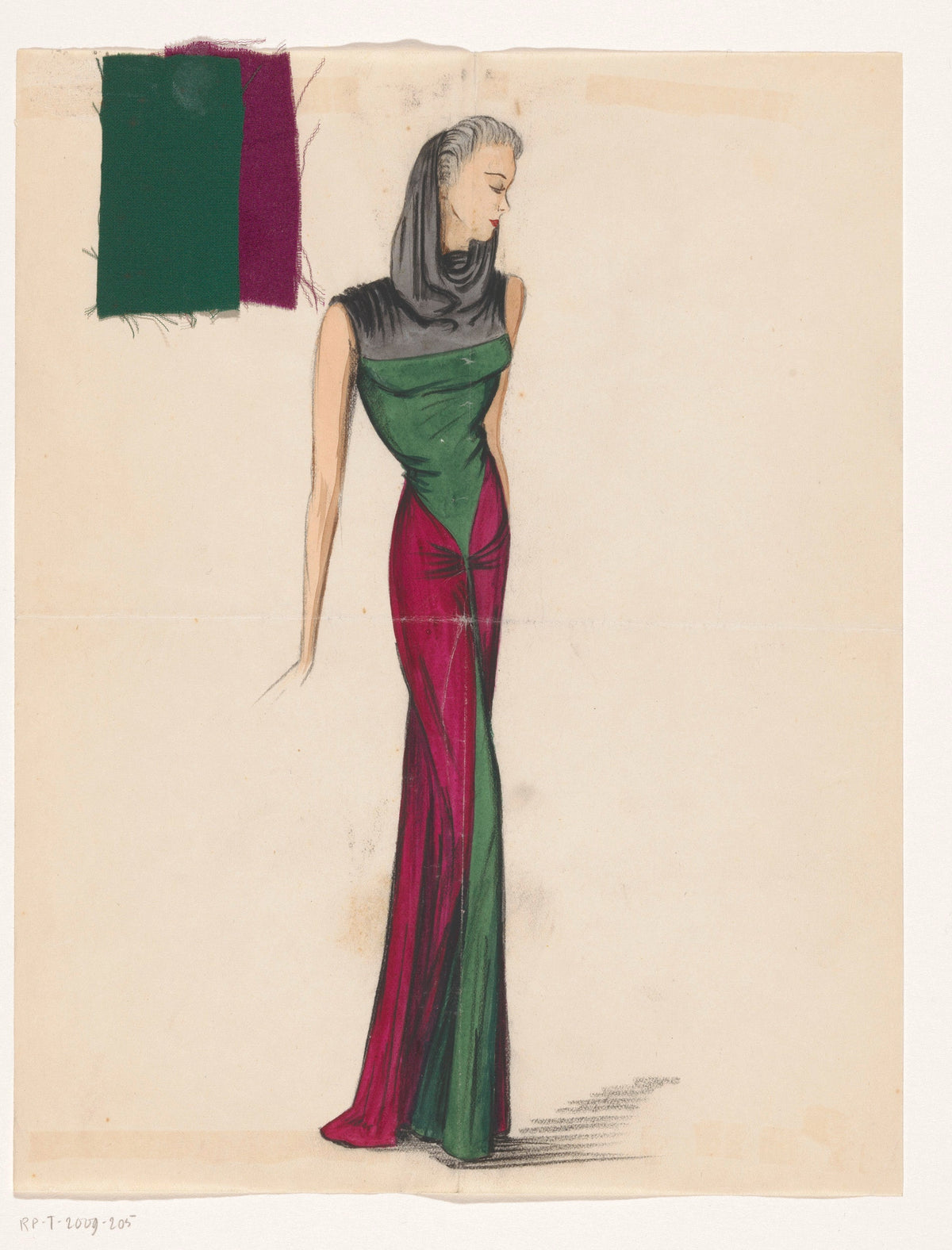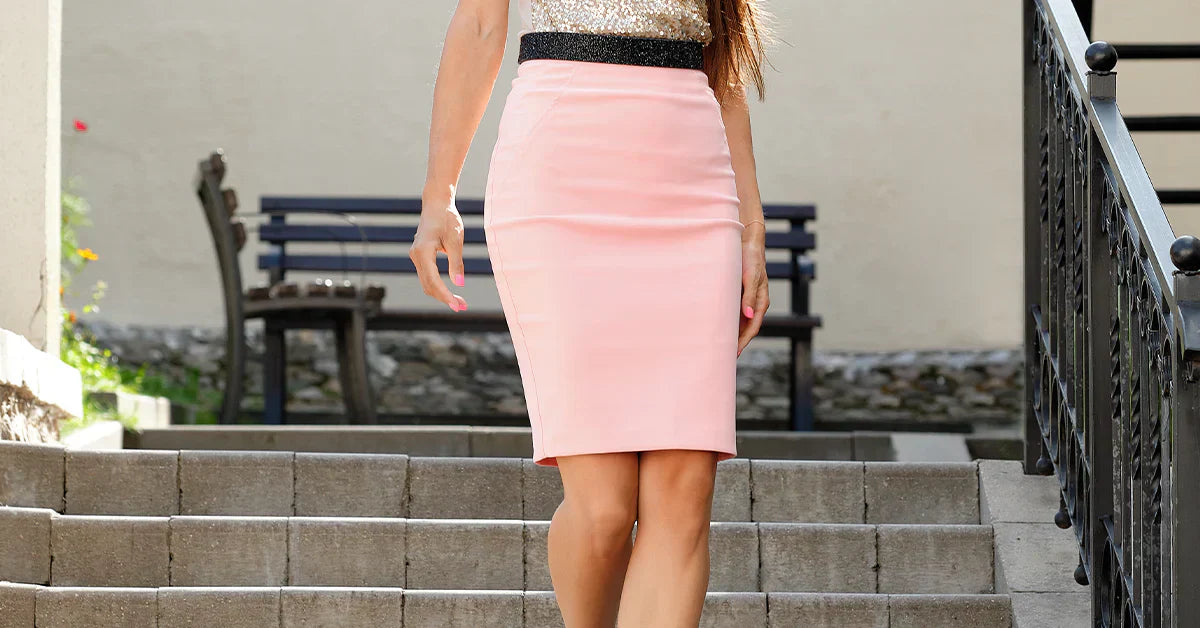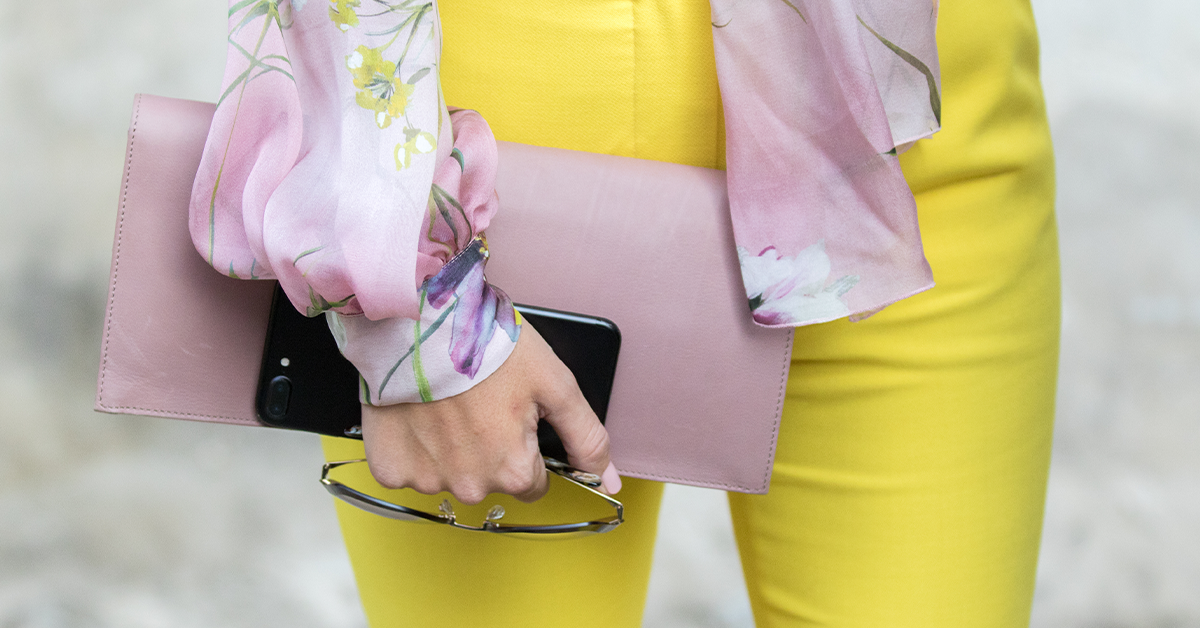Madame Grés elevated fashion design into an art. From her classical dresses to the use of denim, she change the clothing world. Her creations redefined the way we dress.
The Power of Ethical Fashion: Style Can Change the World

Fashion with a Purpose
Fashion isn’t just about looking good—it’s about making a statement.
We are leading the charge on sustainability and ethical consumerism, the fashion industry is undergoing a major transformation.
Ethical fashion is more than a buzzword; it’s a movement redefining how clothing is made, consumed, and valued.
Let’s dive into why ethical fashion matters and how it empowers both people and the planet.
Every choice we make when shopping influences the industry.
From the fabrics used to the labor conditions behind our favorite brands, ethical fashion encourages us to be more conscious of our decisions.
It’s about wearing clothes that align with our values while still embracing style, creativity, and self-expression.
1. Beyond Fast Fashion: Why Ethical Fashion Matters
Fast fashion might be convenient, but it comes at a cost.
The industry is one of the largest polluters and is notorious for unethical labor practices.
Ethical fashion challenges this system by prioritizing sustainability, fair wages, and humane working conditions.
It’s about choosing quality over quantity and responsibility over convenience.
The fashion industry produces over 92 million tons of textile waste each year and accounts for 10% of global carbon emissions.
By embracing ethical fashion, consumers can help reduce pollution, limit waste, and support brands that prioritize the environment.
Choosing sustainable fashion means shifting away from a throwaway culture and embracing long-lasting, meaningful wardrobe pieces.
2. The True Cost: Who Pays for Cheap Clothes?
When a t-shirt costs less than a coffee, someone else is paying the price.
Many fast fashion brands rely on underpaid workers in unsafe conditions to keep prices low.
Ethical fashion ensures fair pay, safe environments, and transparency in the supply chain, so workers aren’t exploited for the sake of affordability.
Tragic incidents like the 2013 Rana Plaza collapse, where over 1,100 garment workers lost their lives due to unsafe conditions, highlight the dark side of the industry.
Ethical fashion brands work to ensure fair wages, safe workplaces, and dignity for all employees.
When consumers support ethical brands, they contribute to a system that values people over profit.
3. Sustainable Materials: The Future of Fashion
Eco-friendly fabrics like organic cotton, Tencel, hemp, and recycled materials are revolutionizing the industry.
These alternatives reduce water consumption, pollution, and waste while maintaining high-quality designs.
Choosing brands that prioritize sustainable materials means supporting a cleaner, greener planet.
Traditional textile production consumes massive amounts of water and chemicals.
For example, producing a single cotton t-shirt can require over 2,700 liters of water.
Sustainable alternatives not only save resources but also reduce the exposure of workers and consumers to harmful chemicals.
Opting for eco-friendly materials makes a difference in both environmental impact and personal health.
4. Slow Fashion: The Art of Mindful Dressing
Instead of chasing every new trend, slow fashion encourages investing in timeless, high-quality pieces that last.
This shift reduces waste, saves money, and promotes a more intentional wardrobe. Think capsule collections, vintage finds, and well-made essentials.
Fast fashion is designed for obsolescence, with trends changing weekly to encourage constant consumption.
Slow fashion opposes this cycle by valuing craftsmanship and longevity.
By investing in quality items, consumers build a wardrobe that remains stylish and functional for years, reducing the need for constant shopping and waste.

5. Ethical Brands: Who’s Leading the Change?
More brands are stepping up with ethical practices, from small indie labels to major designers.
Companies like Patagonia, Reformation, and Stella McCartney prove that style and sustainability can go hand in hand.
Researching and supporting these brands helps push the industry toward a more responsible future.
These brands focus on transparency, using sustainable materials, ethical labor practices, and innovative recycling programs.
Ethical fashion is no longer a niche market; it is becoming a mainstream demand, pushing even large corporations to rethink their business models.
The more consumers prioritize ethical brands, the more the industry will adapt.
6. Secondhand Revolution: Thrifting and Upcycling
Thrift shopping isn’t just trendy—it’s sustainable.
Buying secondhand reduces demand for new production and gives clothes a second life.
Upcycling, or creatively repurposing old garments, is another way to reduce waste and add a personal touch to fashion.
Thrifting helps reduce landfill waste, supports local economies, and allows for unique, affordable fashion finds.
Meanwhile, upcycling lets consumers turn outdated pieces into fresh, modern styles.
Both practices promote sustainability while keeping fashion fun and personalized.
7. Conscious Shopping: How to Make Better Choices
Shopping ethically doesn’t mean giving up style or convenience.
Look for certifications like Fair Trade, GOTS (Global Organic Textile Standard), and B Corp.
Support local artisans, read labels, and choose quality over impulse buys. Every purchase is a vote for the kind of world we want.
With so many brands claiming to be “sustainable,” greenwashing—misleading marketing that exaggerates eco-friendliness—has become a challenge.
Learning to identify genuinely ethical brands through research, reviews, and certifications empowers consumers to make informed choices.
8. The Rise of Rental Fashion
Why buy when you can rent?
Platforms like Rent the Runway and HURR offer designer pieces for short-term wear, reducing the need for one-time purchases and minimizing waste.
Rental fashion is perfect for special occasions, trend experiments, and keeping wardrobes fresh without overconsumption.
Rental fashion addresses the problem of overproduction and waste by allowing consumers to access high-quality clothing without the commitment of ownership.
This model is particularly useful for event wear, where outfits are often worn only once.

9. Social Media and Ethical Fashion Activism
We are using platforms like TikTok and Instagram to call out brands, educate followers, and promote sustainable fashion choices.
Hashtags like #whomademyclothes and #sustainablefashion are raising awareness and driving accountability.
The more we share, the faster the industry changes.
Social media has given ethical fashion a voice, enabling activists and influencers to expose unethical practices while championing sustainable brands.
Consumers are more empowered than ever to hold companies accountable and demand change.
10. The Future of Ethical Fashion: Where Do We Go from Here?
With innovation in biodegradable textiles, sustainable design, and increased transparency, the future of ethical fashion looks bright.
The industry is evolving, but it’s up to consumers to keep the momentum going.
The more we demand sustainability, the faster the industry adapts.
From lab-grown leather to AI-assisted production that minimizes waste, technological advancements are driving a more sustainable future.
However, long-term change depends on consumer commitment.
As more people prioritize ethics in fashion, brands will have no choice but to follow suit.
Wear Your Values
Fashion is powerful—it tells the world who we are and what we stand for.
Choosing ethical fashion isn’t just a style decision; it’s a statement about the kind of future we want.
By supporting sustainable brands, shopping consciously, and spreading awareness, we can create a fashion industry that values people and the planet as much as it does aesthetics.
The next time you shop, ask yourself: does this choice align with my values?
Because when we wear our values with OnPost, we change the world—one outfit at a time.
Blog posts
After the Barbiecore trend, pink is always a yes. Find some ideas on how to wear a pink skirt and stand out with your party looks.
Whether you're building your dream capsule wardrobe or looking to stand out at your next event, satin pants give you options that are sustainable, comfortable, and incredibly chic.


